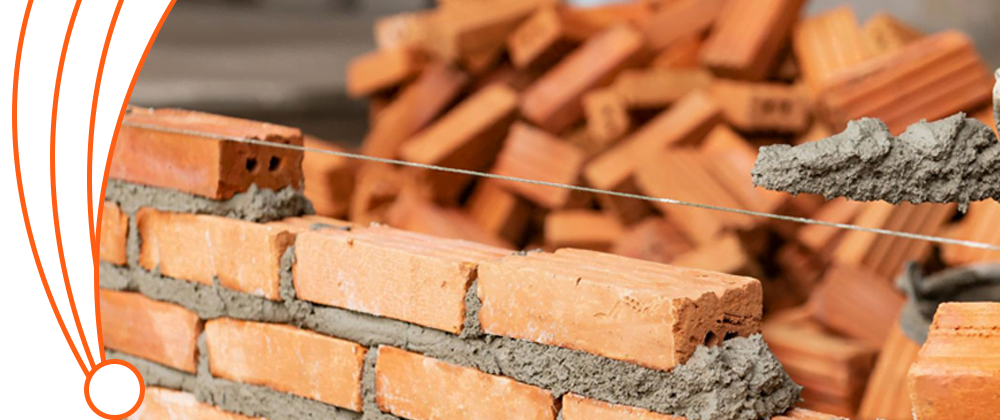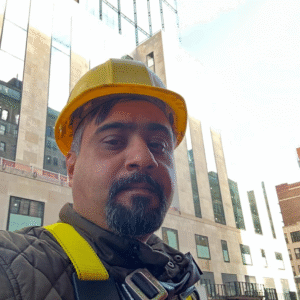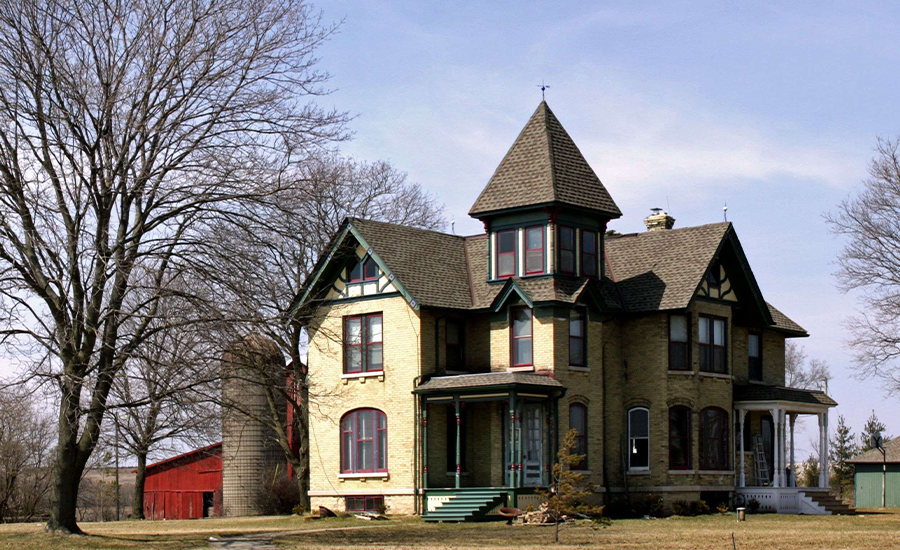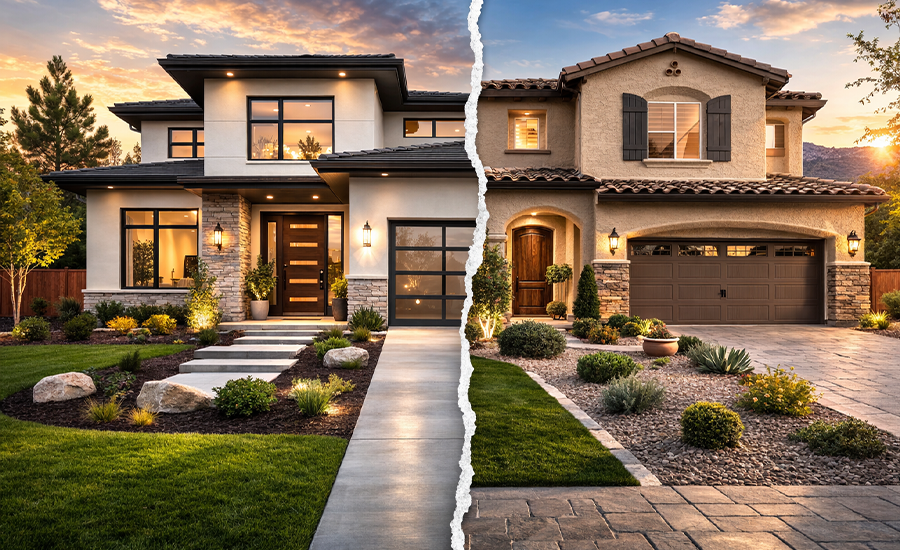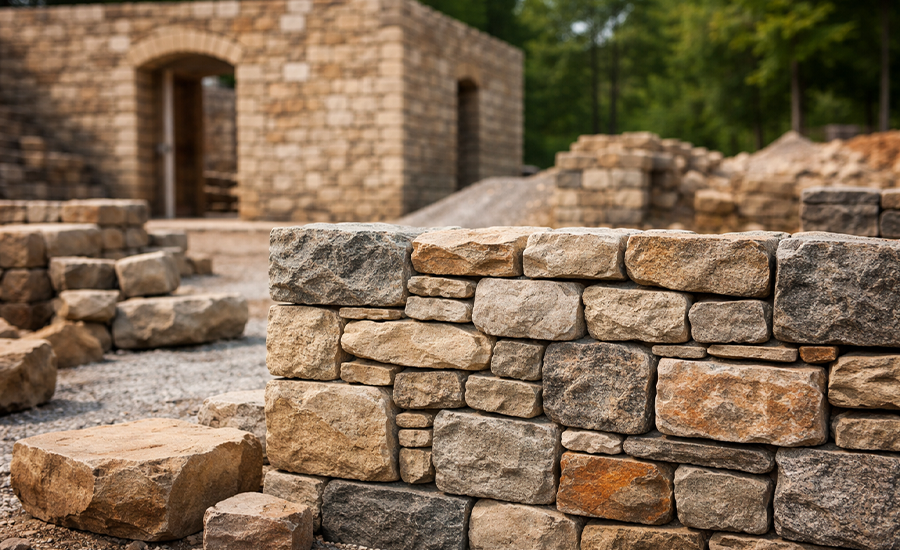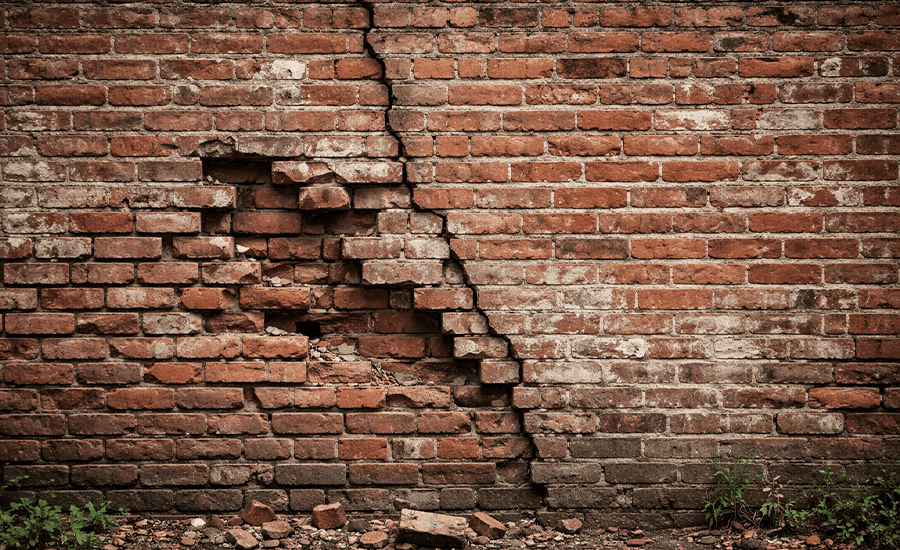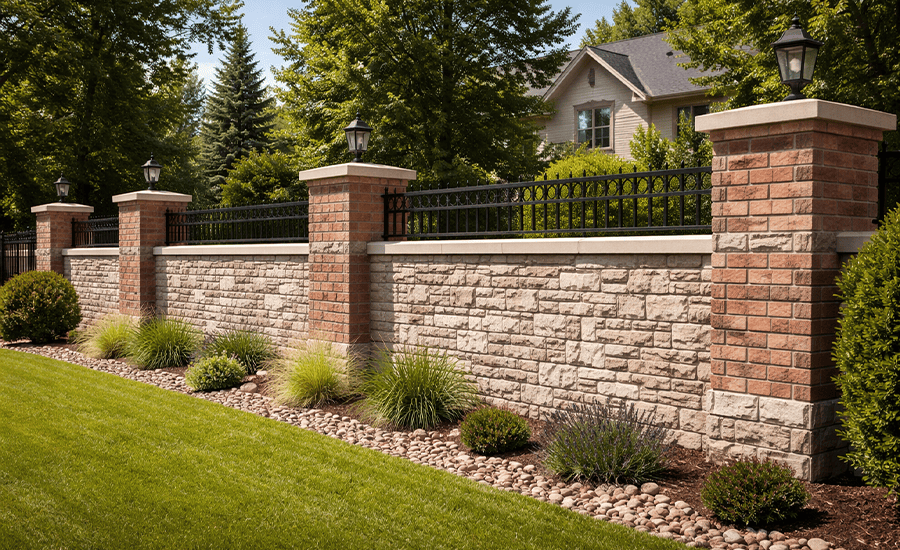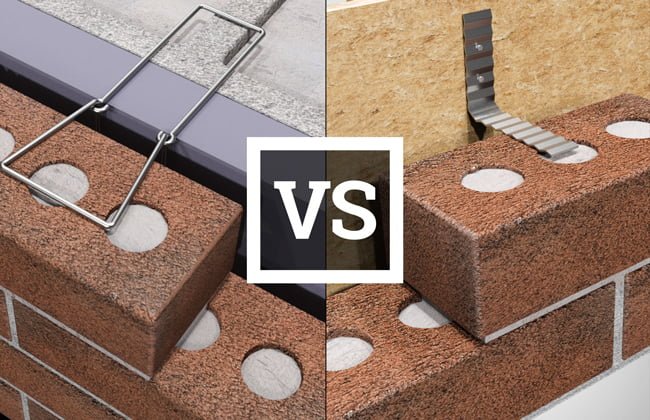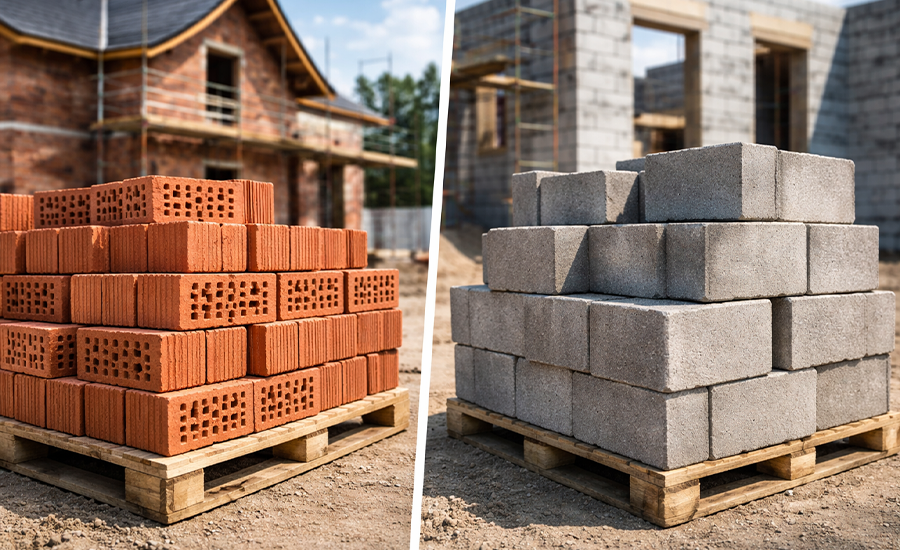In NYC, Westchester is the most beautiful borough, noted for its elegant architecture and historic homes. These homes are constructed with historic lime-based mortar, featuring intricate designs of stonework and other details that are built to last. However, with time, the mortar joints begin to fail and deteriorate, necessitating masonry restoration. So, repointing is the ideal technique, which helps in strengthening mortar and overall masonry. By identifying the needs of repointing in the desired areas, you can easily and timely repair the damages and underlying causes of mortar joints.
In this blog, we’ll thoroughly discuss the importance of mortar joints in the brickwork and the causes of mortar failure in mortar joints.
Significance of Mortar Joints
In Westchester’s historic homes, most of the construction is of lime-based mortar, which is light and flexible, but if it’s not maintained correctly, there might be a risk of structural damage.
| Function of Mortar | Explanation |
|---|---|
| Adhesive layer | Mortar acts as an excellent binding agent that glues bricks and stones together. |
| Defense coat | Mortar plays an active role as a protective coating that shields from environmental wear and tear. |
| Moisture shield | Mortar wicks water into the surface and controls the contractions in the masonry. |
| Adaptable compounds | Mortar is usually breathable and flexible and offers proper ventilation in the masonry without the risk of cracking bricks. |
Typical Reasons for Mortar Joint Failure in Westchester’s Historic Homes
Let’s have a look at some of the most common factors that cause failure of mortar joints in Westchester historic homes:
Seasonal expansion/contraction
Due to changing weather conditions, the water penetrates into the masonry, and the mortar and bricks start contracting and expanding because of freeze-thaw damage, which leads to the crumbling of the mortar.
Structural vulnerability
- Unstable brick placement
- Fragmented joints
- Rapid weakening of support
If you want to understand how New York’s climate plays a role in damaging mortar, see How Does NYC’s Coastal Weather Affect Brickwork in Queens?
Wrong composition of mortar
Using the wrong composition of mortar instead of lime-based mortar on Westchester’s historic homes, because the use of mortar that does not match the original formulation leads to brick flexibility issues.
Risks:
- Hardened & split joints
- Lock in moisture
- Surface-level brick erosion
Using the wrong mix is a common issue, especially when repointing old structures. Learn more about What’s the Difference Between Mortar and Pointing?
Environmental Breakdown
The masonry is mostly affected by environmental wear and tear, as the different seasons have bad exposures to historic homes. Some of the conditions are as follows:
- Heavy rainfall
- Snow accumulation
- Thermal stress from UV rays
Load-bearing misalignment
Due to long-standing constructions, Westchester’s historic homes are made up of brittle mortars, which results in shakiness and wobbling of the masonry.
Masonry threats:
Biological threat to masonry
Older buildings have a higher risk of biological growth, like insects and mildew, because they trap moisture in the joints, which leads to health risks and a musty smell in the masonry.
- Ants & bugs burrow in mortar joints
- Mold & mildew start showing on the surface
- Ivy roots invade masonry and compromise strength
To see how mortar erosion impacts curb appeal and property value, read Can Repointing Improve a Building’s Curb Appeal and Resale Value?
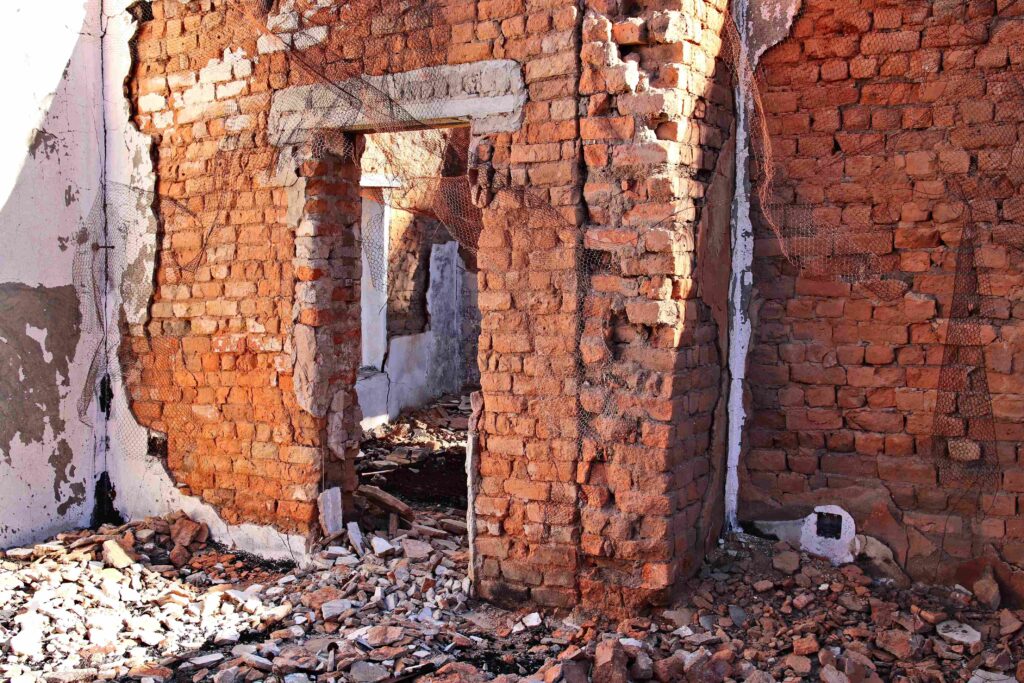
Westchester Homeowners’ Actions to Maintain Mortar
Here are some of the active maintenance tips for Westchester homeowners that help in preventing the early mortar joint failures and save your bank from hefty damages:
Timely Inspections
- Professional repointing contractors help in determining the early red flags of mortar deterioration with on-time inspections.
- Westchester historic homes need to be inspected every 5-10 years.
Prevent water buildup
- It is necessary to install gutter extensions and landscaping to prevent water pooling.
- Make sure to add sump pumps and French drains for an excellent water channeling and drainage system.
Refrain from power washing
- Make sure to wash the masonry and brick structures with adequate pressure so that it does not enter the mortar joints and compromise brick stability.
- Make sure to use soft and gentle tools with low power for pressure washing.
Use water-resistant sealants
- Use environmentally friendly and breathable water-resistant sealants.
- These moisture-repellent sealants don’t allow water to penetrate the masonry.
Final Thoughts
In conclusion, the mortar joint failures in Westchester’s historic homes are the most frequently occurring issue. To overcome this issue, regular inspections are mandatory, while using the compatible mortar can perfectly seal the joints in the long term. Repointing homes might be a one-time investment, but it prevents the loss of historic integrity and costly brick replacements.
Sardar Restoration Corp. proudly serves every corner of NYC, including the Bronx, Manhattan, Brooklyn, Westchester, and Queens. Our services are designed to meet your needs, providing top-quality solutions wherever you are. Check our service areas to see how we can assist you in your location.
Contact us today at (+1) 917-355-8556 or sardarrestoration@gmail.com, or visit us at 2770 Fish Ave, Bronx, NY 10469, United States.
FAQ
How long does repointing last?
Premium quality repointing with high-grade materials and proper maintenance can last up to 30 years.
Will the new mortar match my old wall?
Yes! Sardar Restoration Corp. perfectly matches the new mortar to your old wall by customizing the colors, textures, and style of the existing wall.
Do you repoint homes in Westchester specifically?
Yes! Sardar Restoration Corp. offers repointing services in Westchester homes and counties, while we also repoint in all five boroughs of NYC.
Will repointing disrupt my daily life?
No! Sardar Restoration Corp. takes utmost care of your daily life, ensuring no interruption in your activities while we use non-abrasive tools that do not harm your property.
